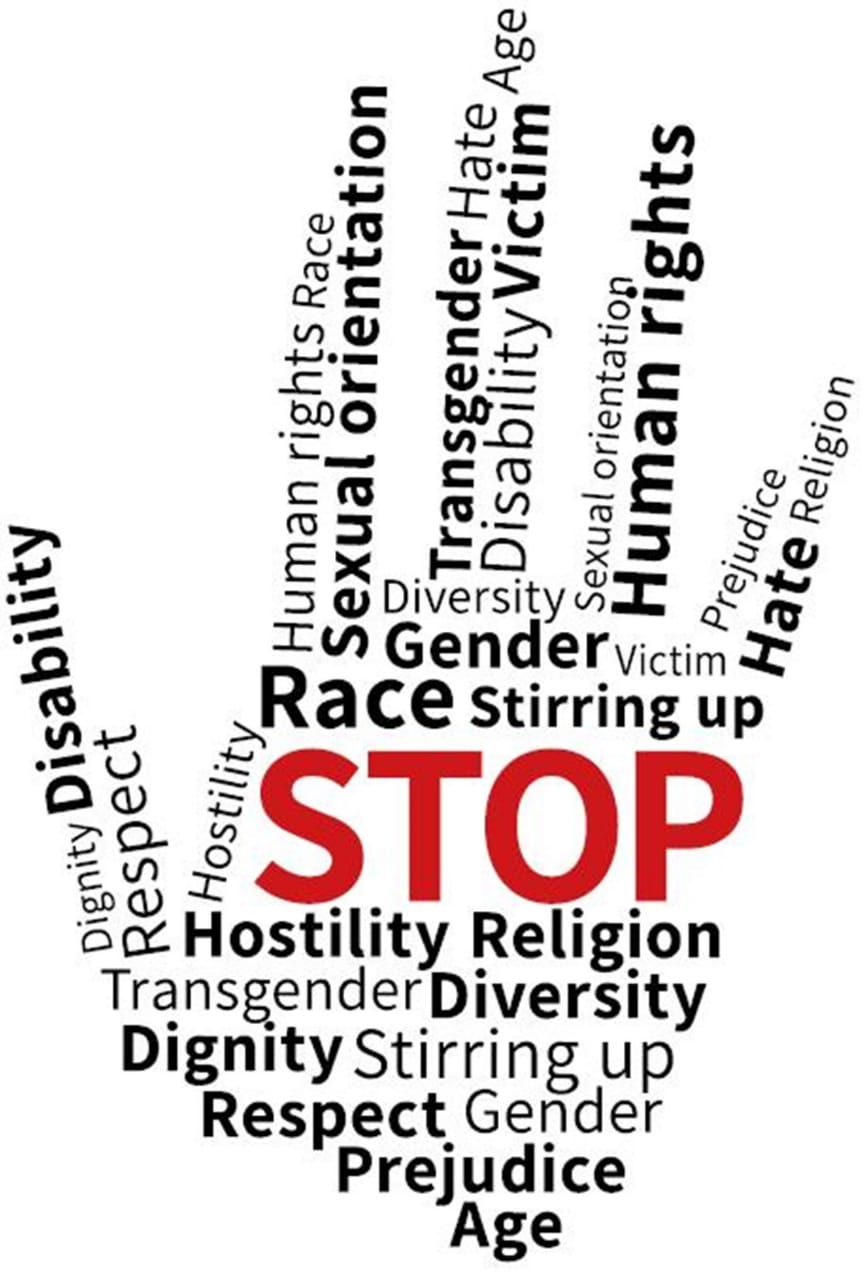
The Constitution of India provides it's citizens with six Fundamental Rights and ten Fundamental Duties. Out of these six Fundamental Rights , Right to Equality and Right to Freedom of Speech and Expression plays an important role in the successful form of government. After 150 years of British Slavery , the Fundamental Rights act as a blessing in disguise . However people disrespect and violate is Right , thus discriminating people on different grounds, resulting in hate crimes.
According to the Cambridge dictionary hate crime can be defined "as a crime or crimes, usually involving violence, committed against someone because of their race or religion , sexuality , etc. It is a prejudice - motivated crime which occurs when a perpetrator targets a victim because of their membership (or perceived membership) in a certain social group or race.
Nature :
Hate crimes or Bias-Motivated crime as the name suggests are Psychological in nature. This is because Discrimination or Social Bias is a Psychological term. They have a wide range of psychological consequences.
Impact on the individual victim
Psychological and affective disturbances , repercussions on the victim's identity and self esteem ; both reinforced by a specific hate crimes which is usually stronger than that of common crime .
Effect on Targeted Group
Generalized terror in the group to which the victim belongs , inspiring feelings of vulnerability among its other members.
Effect on other vulnerable groups
Ominous effects on the minority groups or on groups that identify themselves with the targeted group , when hate is based on an ideology that preaches simultaneously against several groups.
Effect on the community as a whole
Divisions and factionalism arising in response to hate crimes are particularly damaging to multicultural societies.
The various hate crimes include :
1) Hate speech before , during or after the commission of crime.
2) Symbols of hate are present potentially on the perpetrator's clothing or in their personal possessions or left at the scene of the crime.
3) When injuries are overly vicious or more than what is typical of that kind of crime.
4) Gratitutous damage occur to items of religious or cultural importance.
5) The perpetrator has committed similar acts.
6) The crime occurs on a relevant date or in perpetrator's calendar, holiday.
Laws :
Our country , India has made various laws to punish the citizens who propagate hate crimes and practice discrimination "on grounds of religion , race , place of birth, residence , language, caste or community or any other ground whatsoever."
The various laws relating to hate crimes in India include Article 19 which gives all the citizens the Right to Freedom of Speech and Expression but subject to inter alia "public order , decency or morality" , laws defining specific bias motivated acts as distinct crimes , criminal penalty enhancement laws , laws creating a distinct civil cause of action for hate crimes , laws requing administrative agencies to collect Hate crime statistics. Sometimes , the law focus on war crimes , genocide and crime against humanity with the prohibition against discriminatory action limited to public officials.
Article 28 prohibits any the leaders instruction in any educational institution wholly maintained out of state funds. Section 153(A) of the Indian Penal Code states "whoever by (a) words either written or spoken or by signs or by visible representations or otherwise promotes or attempts to promote , on grounds of religion race , place of birth, residence, language, caste or community or any ground whatsoever disharmony or feelings of enmity, hatred or ill-will between religious, racial , language or regional groups or castes or communities or (b) commit any act which is prejudice to the maintenance of harmony between different religious racial language or regional groups or castes or communities and which disturbs or is likely to disturb the public tranquility... shall be punished with the imprisonment which may extend to 3 years, or with fine or with both."
Section 295 (A) of the Indian Penal Code enacted in 1927 the Law "Whoever with deliberate and malicious intention of outraging the religious feelings of any class of (citizens of India), (by words, either spoken or written or by signs or by visible representations or otherwise) , insults or attempts to insult the religion or religious beliefs of that class shall be punished with improvement of either description for a term which may extend , or with fine or with both.
Examples
There have been various instances of Hate Crime in India since Independence. It is cited as a source by Human Rights Watch in a February 2019 Report "Violent Cow Protection in India". The NCRB had told the media in July 2017 that they intend to record data on lynchings. In India the project was cited by organizations including NDTV , The Hindu , The Economic and Political Weekly.
On 24 July, a 26 year old Muslim Teacher Hafeez Mohammed Haider was traveling when a mob chanted 'Jai Shri Ram ' and pushed him out of the train. He managed to escape death with minor injuries. This happened due to vote bank politics ," Indian minorities were crushed , boxed into a corner, subjected to imaginary fears, and exploited during the elections".
Another famous example is that of "anti-national elements" . Perpetrators defined as Left wing Extremists and Jihadi Terrorists were responsible for almost 500 attacks across India in 2017.
Since March 1990 estimates of between 300,000 and 500,000 Pandits have migrated outside Kashmir due to persecution by Islamic Fundamentalists.
On 14 September 2008 , there were numerous incidents of violence against Christian community in Kerala.
For a Demographically diverse country such as India , Hate Crimes including crimes of contempt are a disaster . Crimes that are directed against any of these groups could in a magnitude of disaffection impels violence even terrorism. Many countries are already suffering from this issue. We can still contain it's spread if we want.


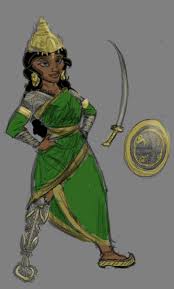
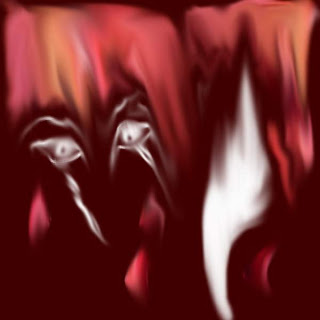
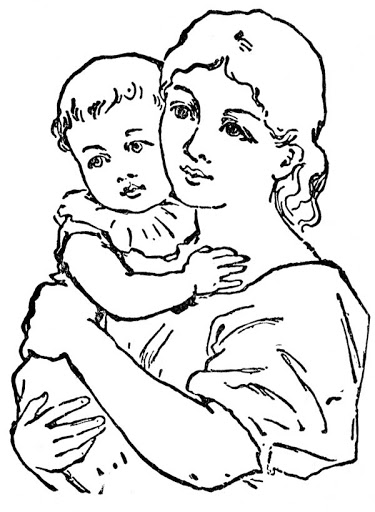



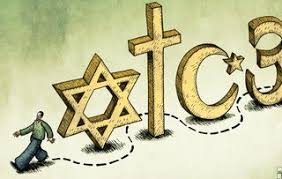
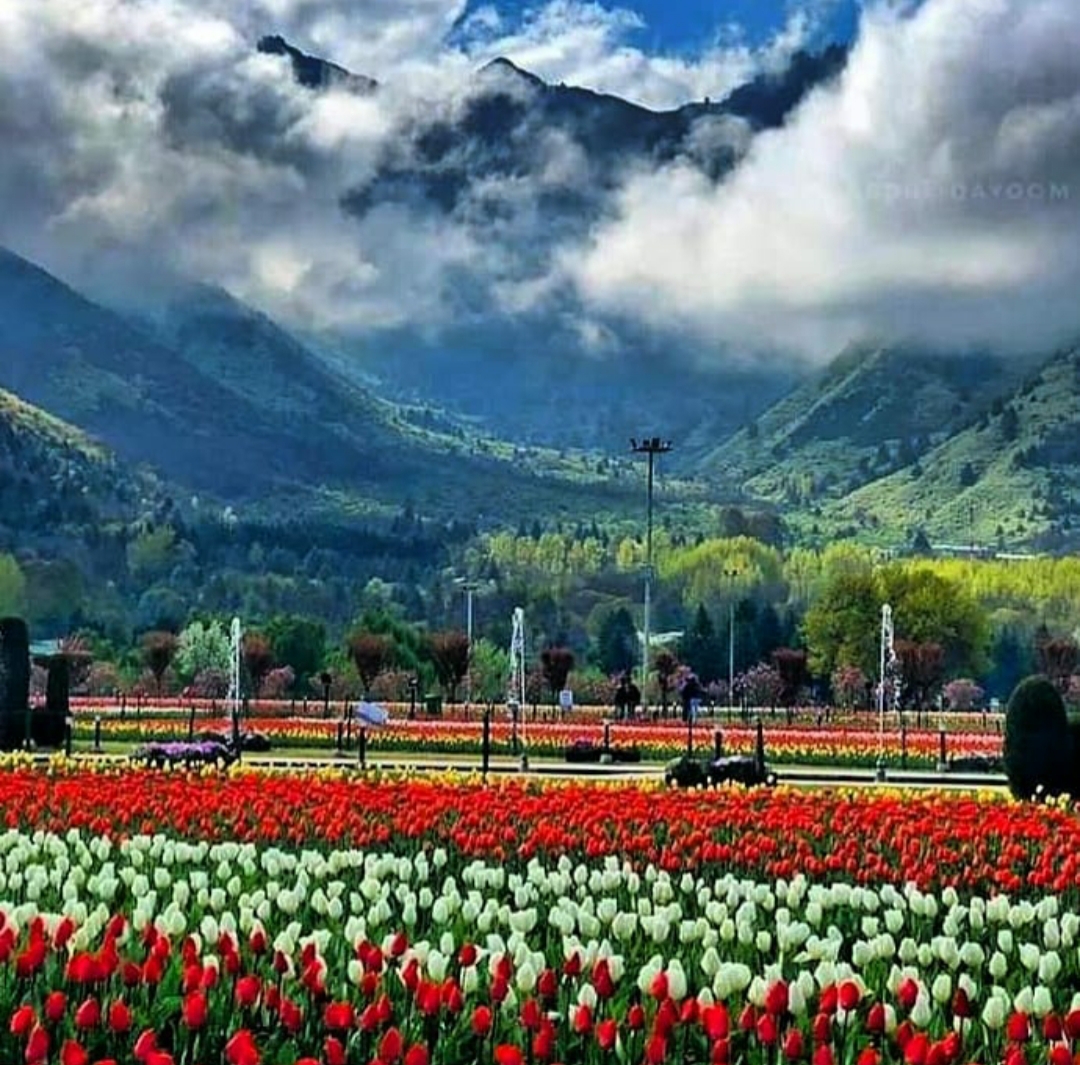
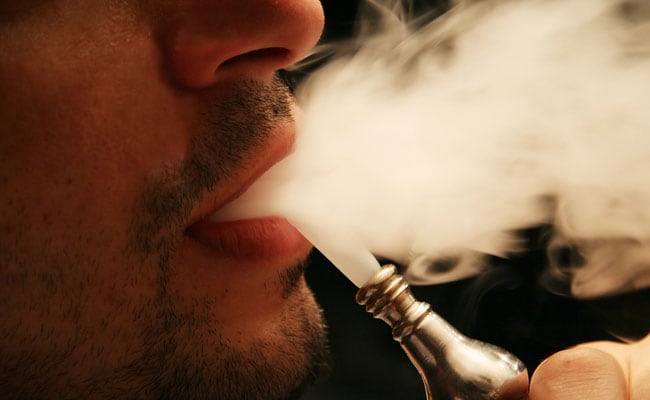
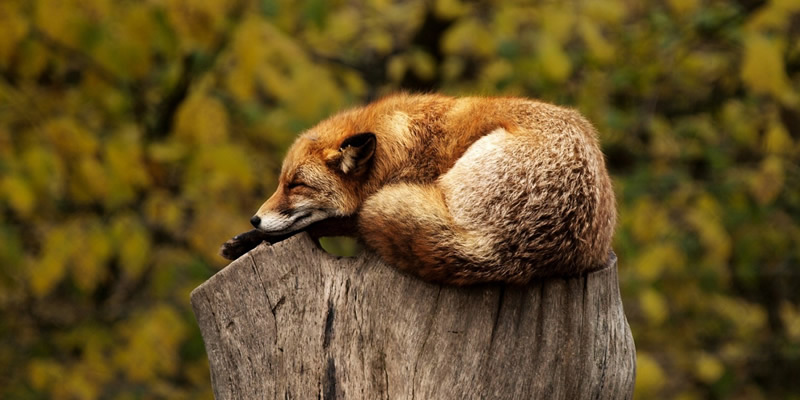

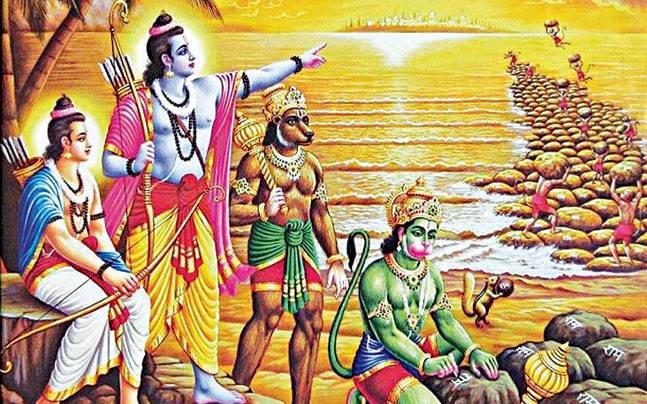
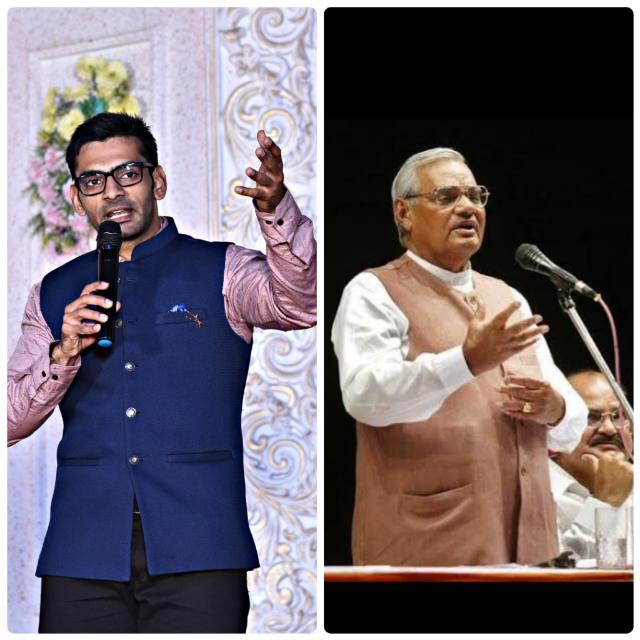

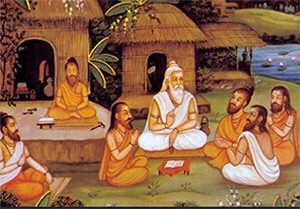
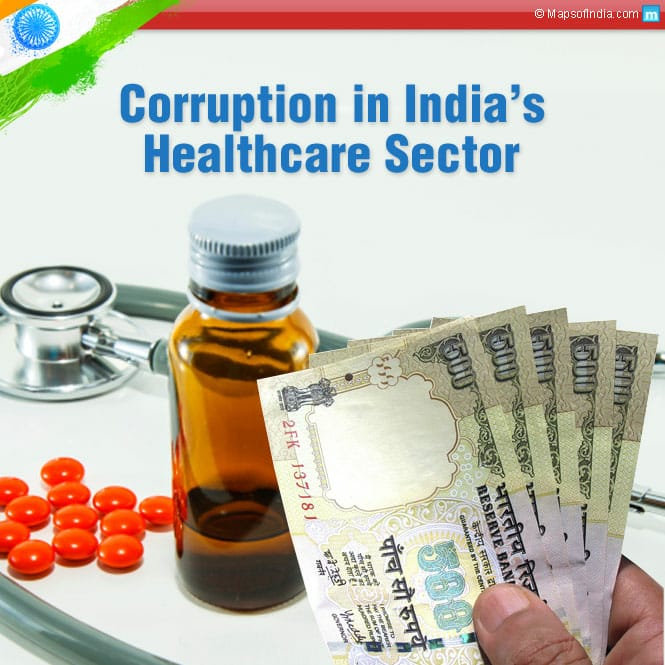

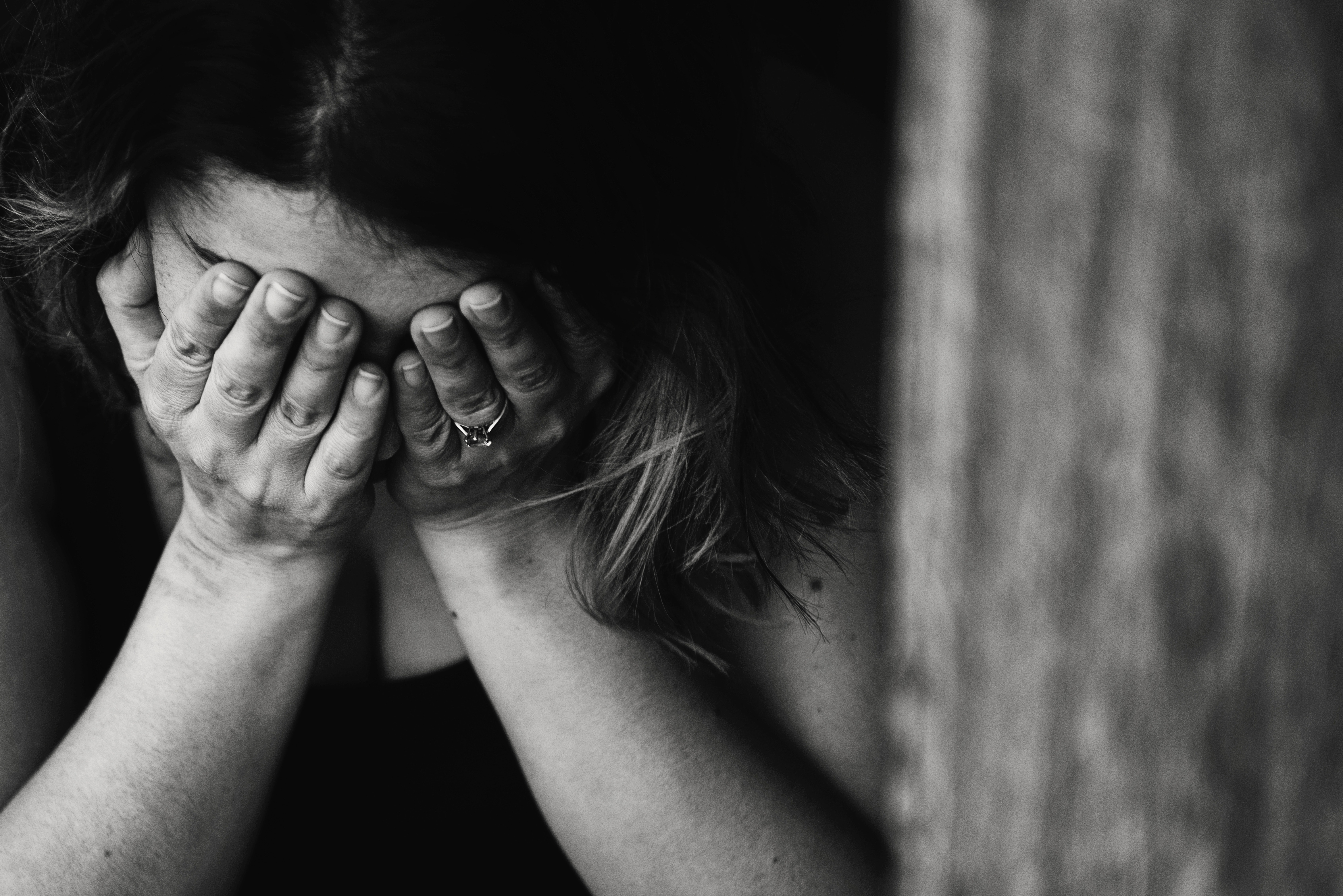
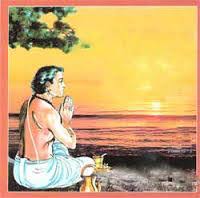
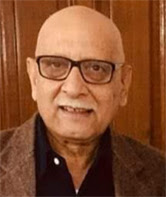


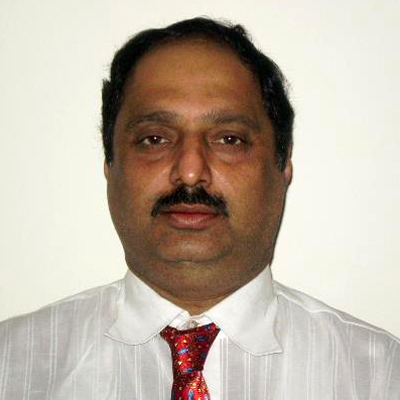
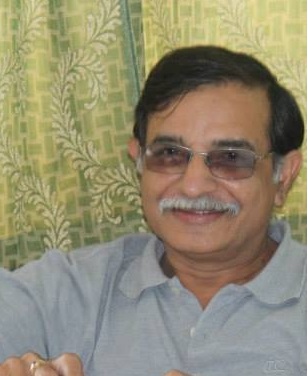
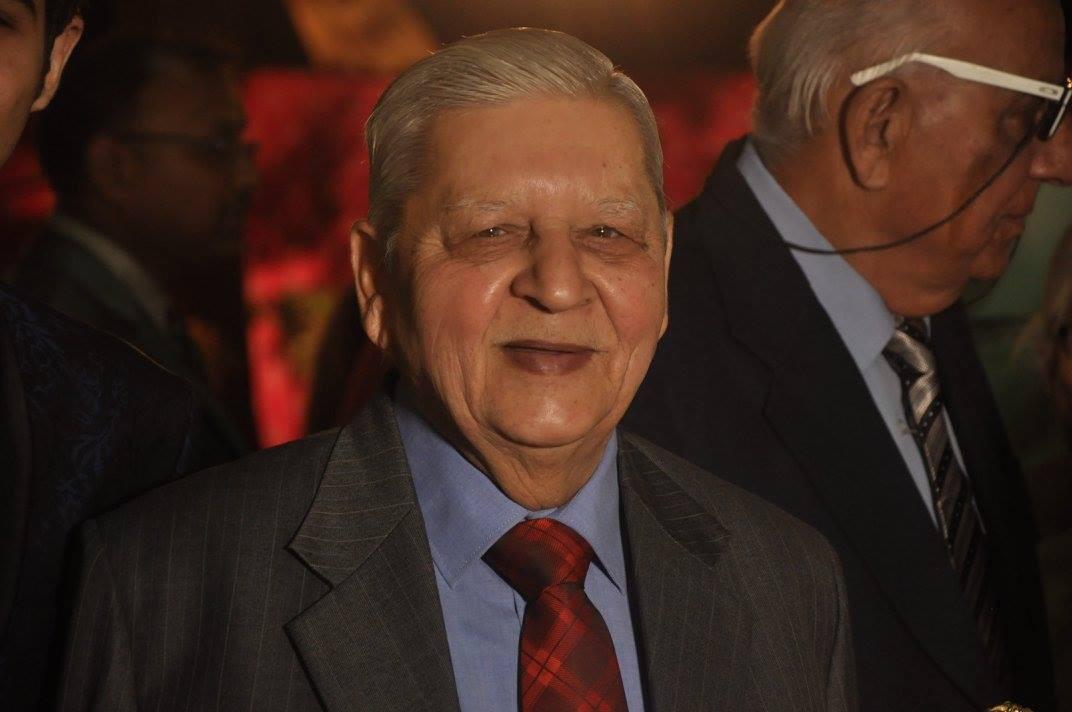
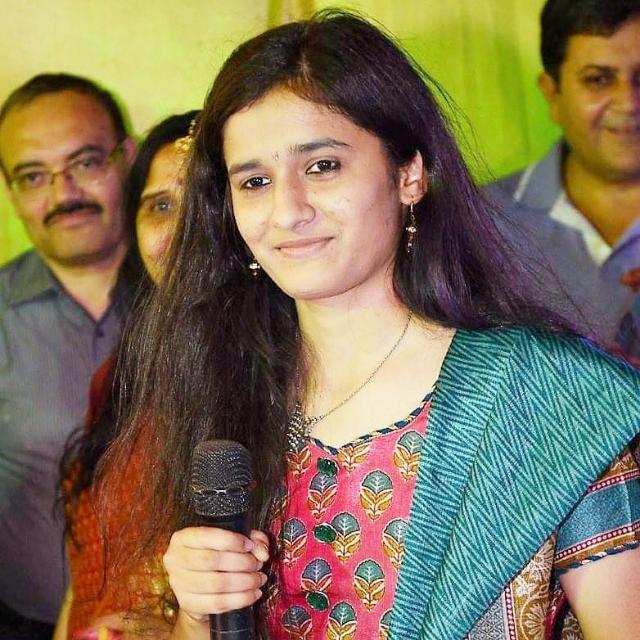
Feed from WhatsApp